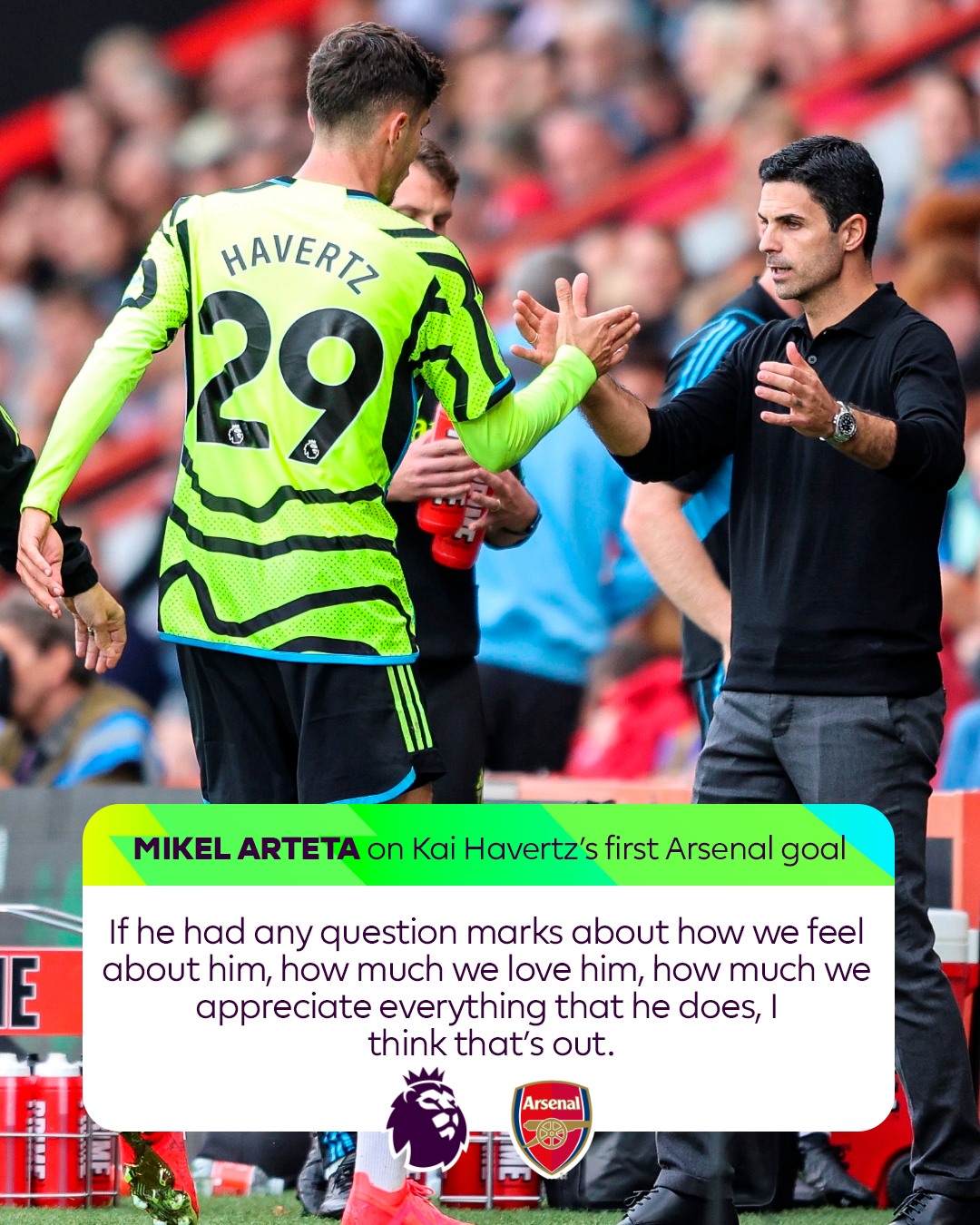
Deputy Editor Oscar Frost reflects on the role of Video Assistant Referee following its increased usage across the new Premier League season
The Video Assistant Referee (VAR) has become the primary talking point of Premier League football this season. The poor decision-making and lengthy delays produced by the technology has led managers, players and pundits to question what good it really does for the game.
Perhaps the most controversial decision of the season came in September, when Luis Diaz was called offside, despite being clearly behind the last defender. The most worrying aspect of this instance was the sheer chaos highlighted by the released VAR audio. It was pandemonium in Simon Hooper’s ear, as the on-field referee was inundated with information.
The issue arose from the fact that VAR Darren England assumed that the on-field decision was onside. This meant that when he gave the call to Hooper that the check was complete, he did not realise that this would result in the on-field decision of offside to be upheld.
Hooper then re-started the match, saying “Well done boys, good process.”
Both issues boil down to a lack of succinct communication
This was a clear and obvious error on the part of VAR, however the laws of the game state that once Hooper had re-started the match there was no way to bring it back and award the goal to the Reds. “They’ve restarted the game. Can’t do anything, can’t do anything,” said England.
I believe that there are two issues at play here. The first is that England made a clear error that should have been rectified. The second puts into question the role of the assistant VAR. Surely, the point of the assistant is to be a safety net that can catch this kind of error. However, the assistant VAR said to the relay operator that he was happy with the fact that the on-field decision was offside.
Both issues boil down to a lack of succinct communication between the on-field referee, the VAR and the assistant VAR.
Following the match, Liverpool gave a statement to say that “sporting integrity had been undermined,” and PGMOL commented that there was “significant human error” in the decision.
So, the question then moves onto how the premier league has moved on from this flashpoint of VAR controversy to improve the failsafe nature of providing VAR technology.
In early November, however, Arsenal manager Mikel Arteta let loose in a post-match interview. Arteta criticised the VAR decision to award Newcastle’s goal that proved to be the winner. The Arsenal boss said that it was “embarrassing.”
The gunners released a statement in the days after the outburst in support of Arteta, writing that the “best league in the world” deserves to be officiated better. Arteta also backed up his strong words a few days later, stating that it is his “duty to defend his club in the best possible way.”
The utility of the technology is in serious doubt
With these two high-profile cases, along with 13 other instances where PGMOL have had to issue public apologies since VAR’s inception, the utility of the technology is in serious doubt.
On a personal level, I think VAR has killed off a key part of the game – spontaneity. The pure joy of celebrating the ball nestling in the net has been nullified by worries that the goal will be overturned. The players and fans have to wait in a strange limbo while seemingly every angle is scrutinised before they can celebrate. By the time the goal is given, the initial rush has gone.
So, what is next for VAR? I think that it should be scrapped, but I may be on the more radical side of the spectrum.
We have seen the introduction of semi-automated offside decisions in the World Cup and the Champions League. This is certainly a step in the right direction, as it improves both the accuracy and speed of decisions. In simple terms, the Luis Diaz howler would not have happened had there been this technology available. Automation inherently makes the playing field more level, as well as taking pressure off individual referees, meaning they can focus on other aspects of the game. I think it could be similar to the no-ball in cricket, which is no longer a concern of on-field umpires.
In no other period of top flight football has the refereeing taken such centre stage as this, which is why I believe that VAR should ultimately be scrapped, and the on-field referees should re-gain their authority.
Check out these latest Sport articles here:
BCFC 0-2 Hull City: A gloomy start to life at St. Andrew’s for Wayne Rooney
Comments